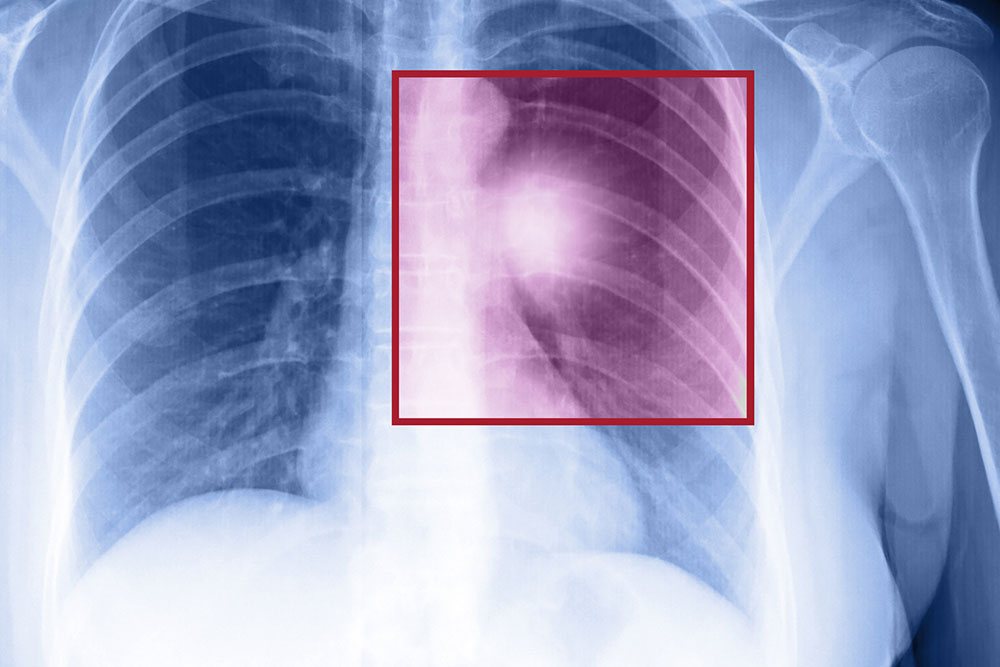Comprehensive Insights into the Spread and Management of Advanced Lung Cancer
Explore the comprehensive overview of advanced lung cancer, including how it spreads, symptoms, diagnostic methods, and current treatment options. Early detection and personalized therapies are crucial for improving patient outcomes in metastatic lung disease.

Comprehensive Insights into the Spread and Management of Advanced Lung Cancer
Lung cancer remains one of the leading causes of cancer-related mortality worldwide, primarily due to its tendency to spread rapidly and silently within the body. When the disease progresses beyond its initial site in the lungs, it is classified as advanced or metastatic lung cancer. Understanding how lung cancer metastasizes is crucial for early detection, effective treatment planning, and improving patient prognosis. This article provides an in-depth overview of the mechanisms of lung cancer spread, common sites affected, symptoms associated with metastasis, diagnostic methods, and current treatment options available for managing advanced stages of the disease.
Lung cancer can originate in different parts of the lung, such as the bronchus or alveoli, and is primarily categorized into small cell lung carcinoma (SCLC) and non-small cell lung carcinoma (NSCLC). The progression from localized tumor to metastatic disease involves a complex process where cancer cells invade blood vessels or lymphatic channels, allowing them to migrate to distant organs. This process, known as metastasis, often occurs before symptoms become evident, making early detection particularly challenging. Patients may not realize they have advanced lung cancer until the disease has extensively spread, emphasizing the importance of regular screening, especially for high-risk groups such as heavy smokers and individuals with a family history of lung cancer.
Common metastatic sites include the contralateral lung, adrenal glands, bones, brain, and liver. The spread to these areas results in diverse clinical presentations. For example, metastasis to bones can cause persistent pain and fractures; brain involvement may lead to neurological deficits such as headaches, seizures, or confusion; liver metastasis often presents with abdominal discomfort or jaundice; and spread within lymph nodes can cause swelling and compression symptoms. It is essential to recognize these signs early for timely diagnosis and intervention.
Diagnosis of metastatic lung cancer involves a combination of imaging techniques and biopsy procedures. Computed tomography (CT) scans provide detailed images of affected organs and help identify secondary tumors. Positron emission tomography (PET) scans can detect metabolic activity typical of cancer cells, offering functional insights into tumor spread. Biopsies, whether via needle aspiration or surgical methods, confirm the cancer type and genetic markers, which are critical for personalized treatment approaches. Blood tests may also assist in monitoring disease progression or response to therapy.
Management of advanced lung cancer aims to control symptoms, prolong survival, and enhance quality of life. Treatment strategies include systemic therapies such as chemotherapy, targeted therapy, and immunotherapy, tailored based on molecular profiling of the tumor. Palliative treatments like radiation therapy and laser therapy help reduce tumor burden and alleviate symptoms like pain or neurological impairment. In some cases, surgery may be considered to remove isolated metastases or relieve obstructions. Advances in precision medicine and novel therapeutic agents continue to improve outcomes for patients with metastatic lung cancer.
Early detection remains key in improving prognosis. Regular screening through low-dose CT scans for high-risk populations can identify tumors at an earlier stage, potentially preventing progression to metastasis. Patients diagnosed with lung cancer should undergo comprehensive staging to assess the extent of spread, guiding treatment decisions and prognostic evaluations. Ongoing research into the molecular mechanisms of metastasis is contributing to the development of more effective targeted therapies, offering hope for better management of advanced lung cancer in the future.





